

It’s no secret that the automotive industry has been heavily hit by semiconductor shortages with numerous automotive components seeing delays as long as 52 weeks. But while many companies continue to face supply chain challenges, others have decided to take matters into their own hands and start to toy with the idea of producing their own components. Recently, Hyundai announced that it is planning to do just this, and use its own semiconductor affiliate Hyundai Mobis to produce the parts needed in its EV range. What challenges do electric vehicles present to automakers, what exactly did Hyundai announce, and will more companies turn to custom semiconductors?
Top Stories Of The Week
Hardware Business News
Geek+ Raises An Additional $100m For Its Warehouse Robots
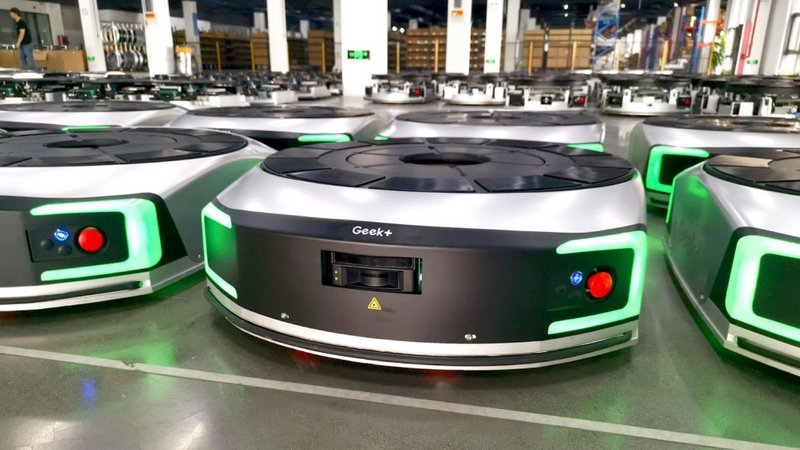
As technology continues to advance, many jobs are quickly being replaced with automated systems that not only help to reduce the overhead costs faced by companies but also see falling costs for products and services (of course, there are ethical concerns regarding the replacement of humans with robots). One industry that has rapidly grown is distribution and logistics thanks to online delivery services and online shopping, and this area is ideal for automation. Recognising the possibilities of automated warehouse systems, Geek+ has recently raised over $100M to help continue the global expansion of its advanced warehouse robotic systems. What challenges does logistics face, how much has Geek+ raised so far, and how can it help improve the efficiency of warehouses?
Tesla Facing Potential Legal Action From The California DMV Over Its Autopilot System
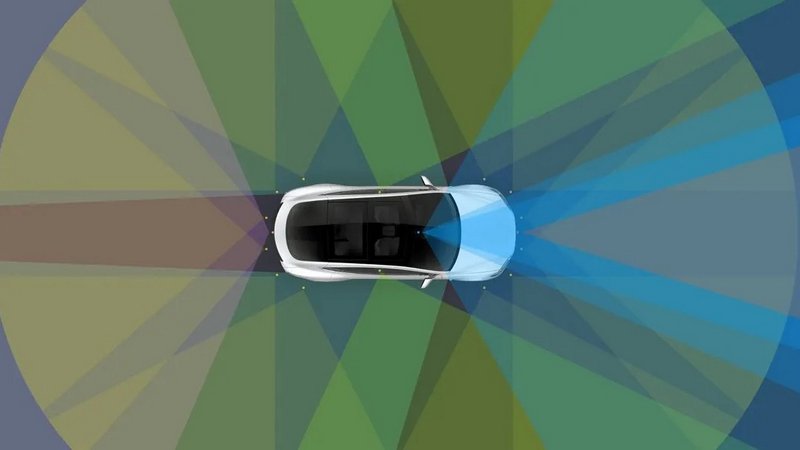
Tesla is arguably one of the most famous electric vehicle manufacturers in the world, and while everyone else is rushing to also produce electric vehicles, Tesla has set its sights on self-driving cars. Currently, Tesla vehicles offer a system called “autopilot” that combines adaptive cruise control and lane tracking to automatically keep the vehicle in the right lane while maintaining the correct speed but does not qualify as a self-driving vehicle. As many customers are being left confused by the name “autopilot”, the California DMV is now taking action against Tesla as it continues to mislead customers (the California DMV accuses). What challenges does self-driving face, what exactly is the California DMV doing, and is Tesla in the wrong?
FCC To Update Rules Surrounding Space Travel And Space Junk
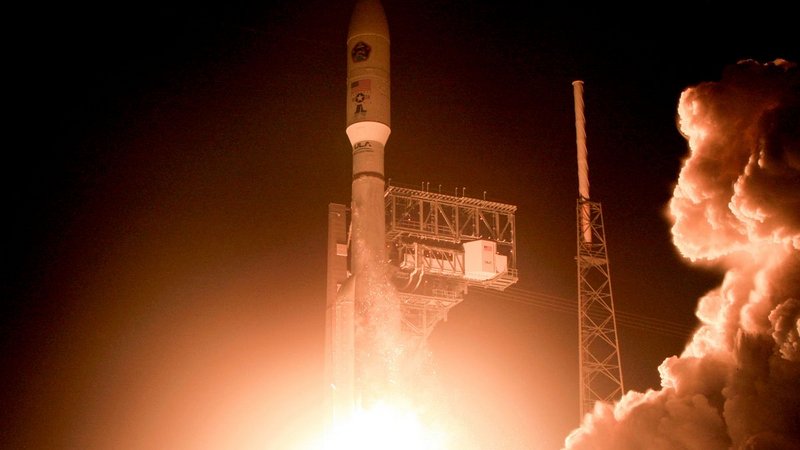
Of all technologies developed by man, the ability to put satellites into orbit has proven to be one of the most important by far. Orbiting satellites can perform numerous tasks including weather monitoring, environmental changes, relay communications, and even providing military intelligence on adversaries. But while the space just above earth has been proven invaluable, the thousands of launches over the past 50 years have seen an increasing amount of space junk that threatens satellites in space. Recognising the challenges faced, the FCC has recently voted to revise US rules regarding spaceflight that also cover space junk. What challenges does space junk present, what will the FCC be doing, and how will it help future spaceflight missions?
South African Startup DataProphet Announces $10m Funding For AI-As-A-Service

As technology products move towards the software realm, more companies have started to adopt software subscriptions as a method for providing a steady income stream. This concept of software-as-a-service has also expanded into the hardware realm as it gives companies the option to retain the rights of equipment while keeping such equipment maintained for customers. One issue that manufacturing plants face is human inspection of products after they come off the production line as faulty products can sometimes be missed. Recognising the challenges faced with inspection, one South African startup called DataProphet has recently raised $10M in Series A funding to grow its AI-as-a-service that can identify such issues. What challenges do manufacturing plants face, what does DataProphet do, and how do its services help clients?
Hardware Engineering News
Apple Asks Suppliers In Taiwan To Label Shipments As “Made In China”

The situation between China and Taiwan remains tense after the recent visit from Nancy Pelosi, and China has responded with numerous military drills and exercises simulating a Taiwanese invasion. But despite the tension between the two, both are major trade partners to each other, and Taiwanese semiconductor capabilities put China in an uncomfortable spot. However, due to the recent tensions, Apple has asked suppliers in Taiwan to change labels that say “Made in Taiwan” to “Made in China” so that shipments from Taiwan to China do not incur fines or border difficulties. What exactly has been going on between Taiwan and China, why has Apple asked suppliers to change the manufacture origin labels, and should Apple appease Chinese authorities?
Telexistence Plans To Introduce Shelf-Stacking Robots To Shops

As the quality of life continues to improve, families are having fewer children than previous generations which are causing concern amongst some economists. One country, in particular, that is facing a population crisis is Japan; its population continues to age with a greater percentage of older people compared to younger people. An ageing population can introduce challenges such as labour shortages and the inability to pay for social-care systems, and this is something that Japan is already suffering from. In response to the rising challenges in hiring new workers, Telexistence has announced that it will be installing restocking robots across 300 grocery stores throughout Japan to test their effectiveness at replacing humans. What challenges do robotic systems face in everyday life, what will Telexistence do after its deployment, and are robots the answer to ageing populations?
Taiwan Announces Approval For First Autonomous Neurosurgical Navigation Robot

Of all types of surgery that can be done, brain surgery is arguably one of the most challenging. When operating on the brain, even the slightest movement with a tool can see permanent brain damage through bleeds or destruction of neurons. Even though robotic surgical systems are highly advanced, their infancy means that few are approved for use in mainstream surgical procedures, and this sees the vast majority of procedures done by hand. Now, Taiwan has announced that it will be allowing the use of an autonomous neurosurgical navigation system that can help aid surgeons during brain surgeries. What challenges do robotics face in surgical environments, who is the company behind the new system, and how will it transform brain surgery?
Hardware R&D News
Researchers Develop Flexible Sensor With Integrated Neuromorphic Chip

Wearable technologies have come a long way, but they are still based on ridged electronics which limits their use to glasses and watches. However, a truly wearable piece of technology would be worn on the body like clothing, be comfortable, and provide tangible capabilities such as biodata sensing and/or environmental awareness. Now, researchers from the University of Chicago’s Pritzker School of Molecular Engineering have demonstrated a new flexible sensor that mimics tissue in its flexibility while integrating flexible neuromorphic circuits to identify data patterns from a sensor. What challenges do wearable devices face, how does the new device work, and does it have any commercial potential?
AI Demonstrates Ability To Predict Cardiac Arrest 10 Years Before It Happens
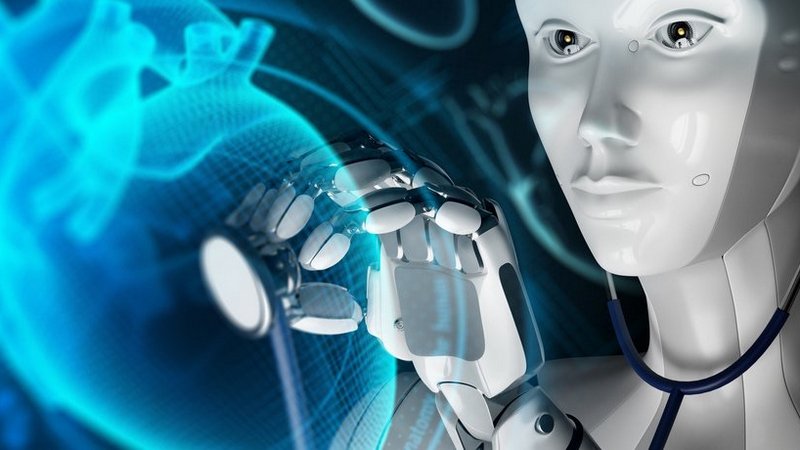
While AI continues to find numerous applications across all industries, one area that would massively benefit from its use is medical diagnosis. An AI that has access to millions of patient records, as well as access to all medical research papers, would be an incredibly powerful tool, and yet it appears that the medical industry is hesitant to use such systems in modern medicine. Now, a team of researchers from Johns Hopkins University have demonstrated the power of medical AI with the development of a machine learning algorithm capable of predicting cardiac arrest up to 10 years before it happens. What challenges does AI face in the medical field, how did the researchers achieve this goal, and will this help doctors accept that AI can significantly improve medical care?
Open-Source Hardware News
RISC Zero Announces $12M Raised In Seed Funding Round
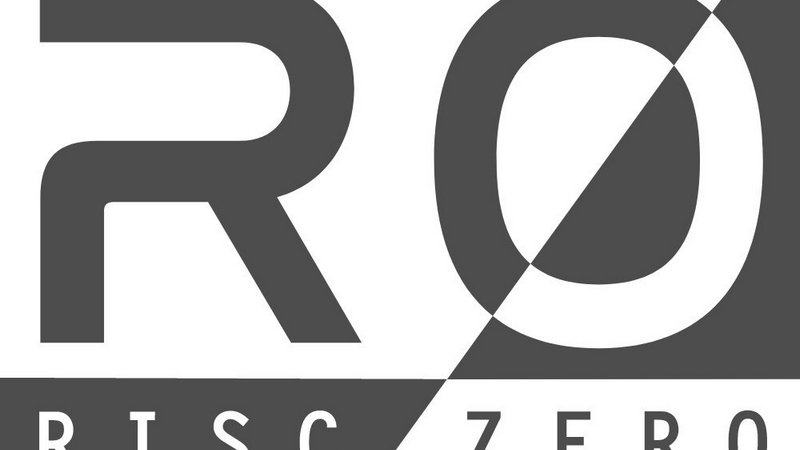
RISC-V has been touted as the CPU technology that will create a more free and fair industry in the future thanks to its royalty-free instruction set and the ability for anyone to freely view source code from numerous CPU implementations. While RISC-V does indeed show signs of growth, it still has to face multiple challenges including adoption and hardware development. Looking to democratise the internet and improve security for all devices, RISC Zero has recently raised $12M in seed funding to help pursue its development of zero-knowledge security into RISC-V processors. What challenges does RISC-V face, what advantages does zero-knowledge security present, and how will RISC Zero aim to achieve this goal?
